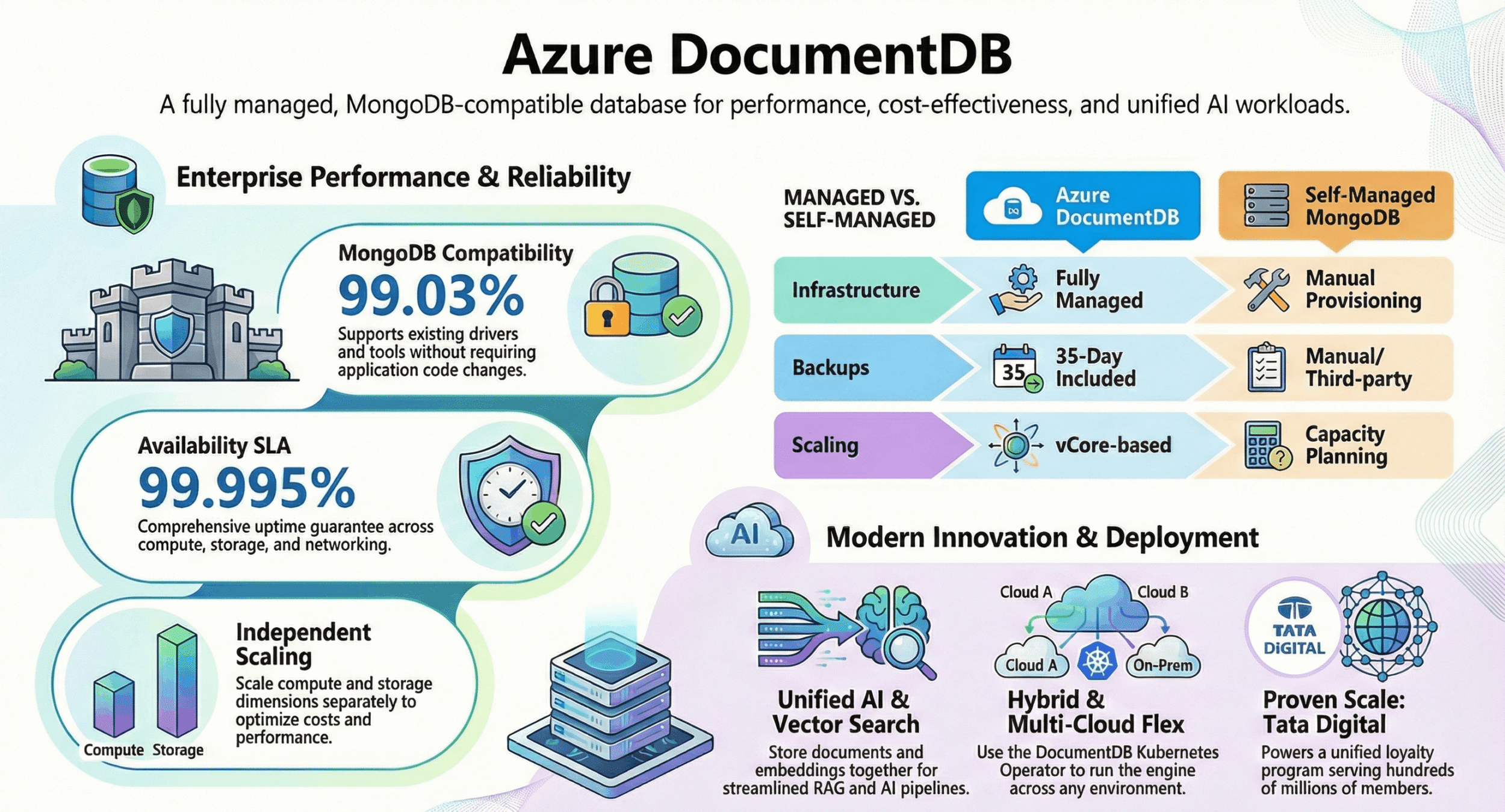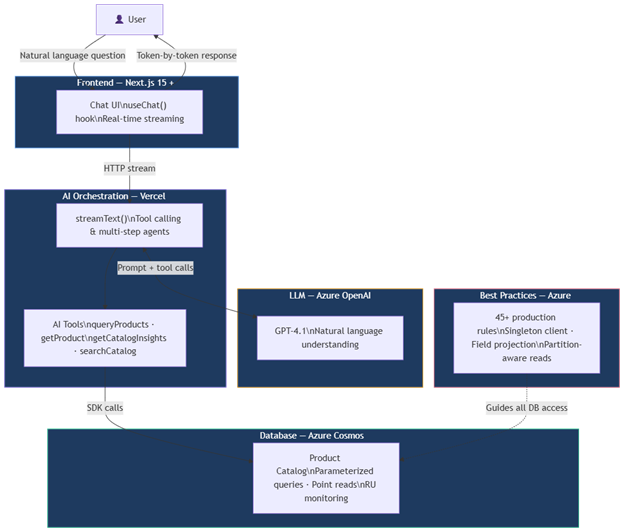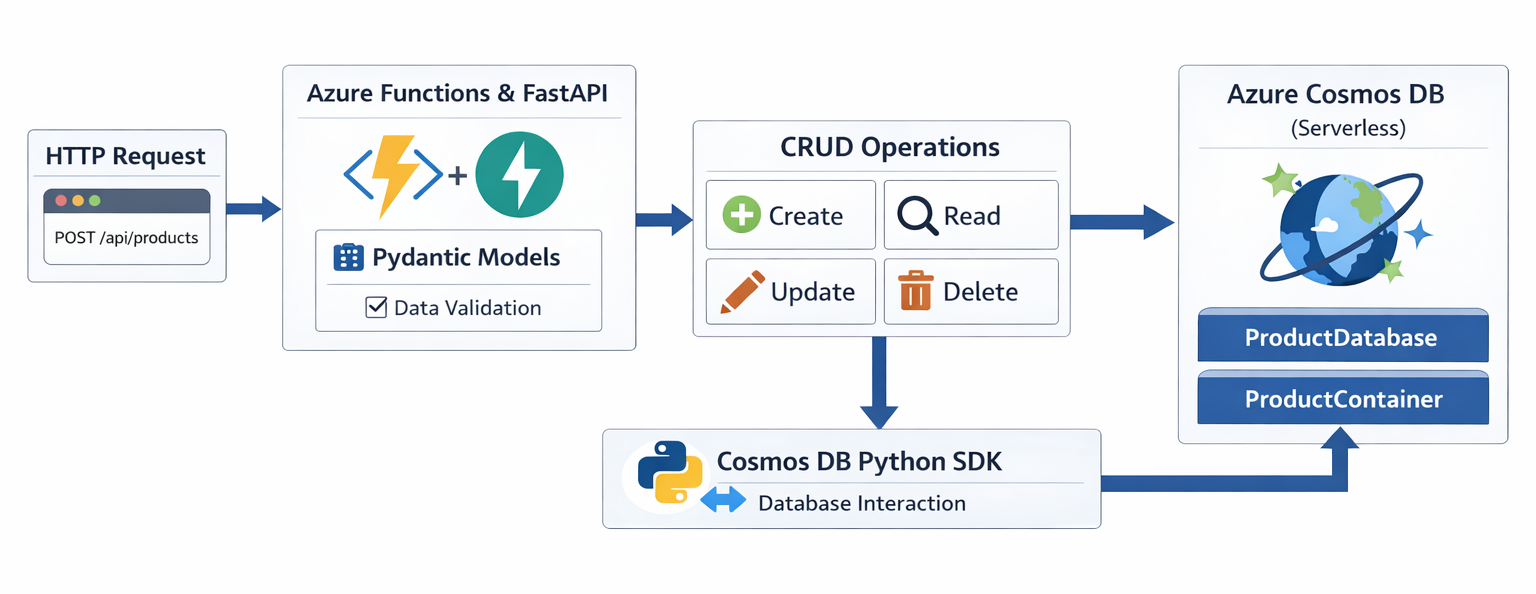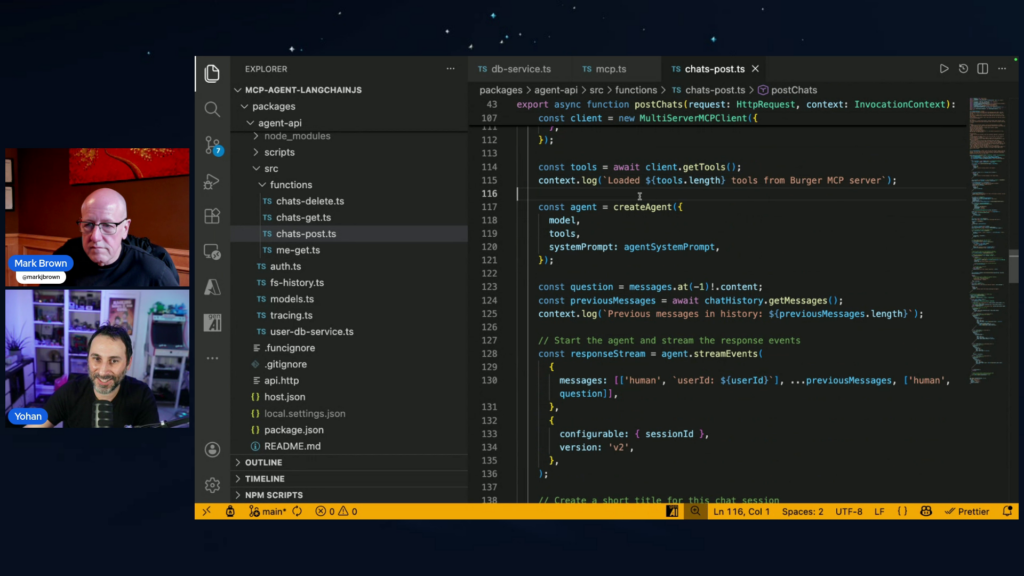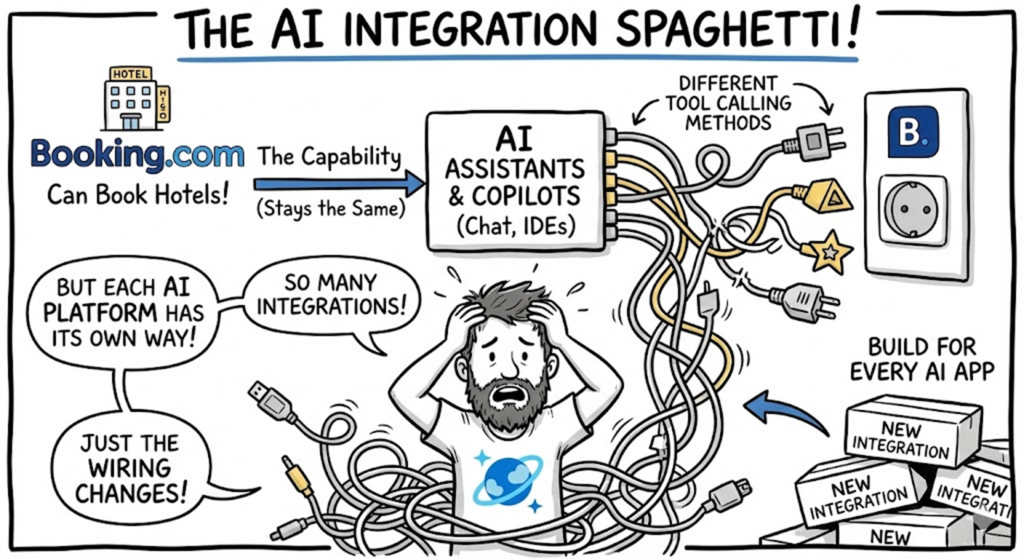Azure Cosmos DB Blog The latest news, updates and technical insights from the Azure Cosmos DB team
- Azure DocumentDB: A Fully Managed MongoDB-Compatible Databaseby Khelan Modi on February 27, 2026 at 12:58 am
Running MongoDB at scale eventually forces a trade-off: invest heavily in managing your own infrastructure or move to a managed service and risk losing the compatibility and portability your team depends on. Azure DocumentDB is a fully managed, MongoDB-compatible database on Azure, built on an MIT-licensed open-source engine that runs consistently across on-premises, hybrid, and cloud environments. Developers keep the skills and The post Azure DocumentDB: A Fully Managed MongoDB-Compatible Database appeared first on Azure Cosmos DB Blog.
- Maximize Azure Cosmos DB Performance with Azure Advisor Recommendationsby Iria Osara on February 11, 2026 at 1:00 pm
In the first post of this series, we introduced how Azure Advisor helps Azure Cosmos DB users uncover opportunities to optimize efficiency and make smarter decisions. This follow-up dives deeper into one of the most important categories of guidance: performance. If you’ve ever dealt with skewed workloads, unexpected RU consumption, or queries that don’t scale The post Maximize Azure Cosmos DB Performance with Azure Advisor Recommendations appeared first on Azure Cosmos DB Blog.
- Building AI-Powered Apps with Azure Cosmos DB and the Vercel AI SDKby Sajeetharan Sinnathurai on February 10, 2026 at 6:27 pm
The Vercel AI SDK is an open-source TypeScript toolkit that provides the core building blocks for integrating AI into any JavaScript application. It works with 20+ AI providers out of the box—including OpenAI, Azure OpenAI, Anthropic, Google, Mistral, and more—so you can write your code once and switch providers by changing a single import. At The post Building AI-Powered Apps with Azure Cosmos DB and the Vercel AI SDK appeared first on Azure Cosmos DB Blog.
- How to Enable Microsoft Entra ID for Azure Cosmos DB (NoSQL)by Sudhanshu Khera on February 5, 2026 at 3:38 pm
Strengthen Identity Security and Eliminate Account Keys Identity is becoming the new security perimeter. As organizations modernize their cloud applications, long‑lived secrets and shared keys introduce unnecessary risk. Azure Cosmos DB now fully supports Microsoft Entra ID for both control plane and data plane access, giving customers a secure, passwordless, least‑privilege alternative to legacy key‑based The post How to Enable Microsoft Entra ID for Azure Cosmos DB (NoSQL) appeared first on Azure Cosmos DB Blog.
- Part 2: Building a Python CRUD API with Azure Functions and Azure Cosmos DBby Richa Gaur on February 3, 2026 at 3:10 pm
Series: Building Serverless Applications with Azure Functions and Azure Cosmos DB In the first post of this series, we focused on establishing the fundamentals of serverless architecture by building and deploying a simple HTTP API using Azure Functions and FastAPI. The post centred on serverless compute, showing how Azure Functions handles execution, scaling, and infrastructure The post Part 2: Building a Python CRUD API with Azure Functions and Azure Cosmos DB appeared first on Azure Cosmos DB Blog.
- Azure Cosmos DB Data Explorer now supports Dark Modeby Meredith Moore on February 2, 2026 at 8:00 pm
If you spend time in the Azure Portal’s using Azure Cosmos DB Data Explorer, you know it’s a “lots of screens, lots of tabs, lots of work happening” kind of place. So I’m excited to share a small upgrade that makes a big difference: Dark Mode is now supported in Cosmos DB Data Explorer. It The post Azure Cosmos DB Data Explorer now supports Dark Mode appeared first on Azure Cosmos DB Blog.
- Azure Cosmos DB TV Recap – From Burger to Bots – Agentic Apps with Cosmos DB and LangChain.js | Ep. 111by Jay Gordon, Mark Brown on January 29, 2026 at 3:29 pm
In Episode 111 of Azure Cosmos DB TV, host Mark Brown is joined by Yohan Lasorsa to explore how developers can build agent-powered applications using a fully serverless architecture. This episode focuses on a practical, end-to-end example that demonstrates how transactional application data and AI-driven experiences can coexist on a single platform without introducing additional The post Azure Cosmos DB TV Recap – From Burger to Bots – Agentic Apps with Cosmos DB and LangChain.js | Ep. 111 appeared first on Azure Cosmos DB Blog.
- Accelerate Your Cosmos DB Infrastructure with GitHub Copilot CLI and Azure Cosmos DB Agent Kitby Sajeetharan Sinnathurai on January 28, 2026 at 5:32 pm
Modern infrastructure work is increasingly agent driven, but only if your AI actually understands the platform you’re deploying. This guide shows how to turn GitHub Copilot CLI into an Azure Cosmos DB aware infrastructure expert by loading the Azure Cosmos DB Agent Kit. In under a minute, you’ll give Copilot deep, opinionated knowledge of Azure The post Accelerate Your Cosmos DB Infrastructure with GitHub Copilot CLI and Azure Cosmos DB Agent Kit appeared first on Azure Cosmos DB Blog.
- Azure Cosmos DB TV Recap: Supercharging AI Agents with the Azure Cosmos DB MCP Toolkit (Ep. 110)by Mark Brown, Sajeetharan Sinnathurai, Jay Gordon on January 23, 2026 at 4:30 pm
In Episode 110 of Azure Cosmos DB TV, host Mark Brown is joined by Sajeetharan Sinnathurai to explore how the Azure Cosmos DB MCP Toolkit is changing the way developers build, deploy, and scale AI agents using real application data. As agentic AI systems evolve, one challenge continues to surface: securely and consistently connecting AI The post Azure Cosmos DB TV Recap: Supercharging AI Agents with the Azure Cosmos DB MCP Toolkit (Ep. 110) appeared first on Azure Cosmos DB Blog.
- Introducing the Azure Cosmos DB Agent Kit: Your AI Pair Programmer Just Got Smarterby Sajeetharan Sinnathurai on January 22, 2026 at 5:16 pm
The Azure Cosmos DB Agent Kit is an open-source collection of skills that teaches your AI coding assistant (GitHub Copilot, Claude Code, Gemini CLI) expert-level Azure Cosmos DB best practices. Install with one command, get production-ready guidance instantly. The Challenge Every Azure Cosmos DB Developer Faces You’re building a new application with Azure Cosmos DB. The post Introducing the Azure Cosmos DB Agent Kit: Your AI Pair Programmer Just Got Smarter appeared first on Azure Cosmos DB Blog.


